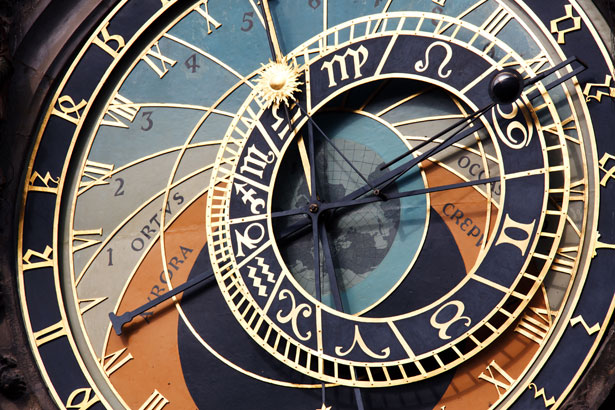The University of Arizona Division for Late Medieval and Reformation Studies, with St. Philip’s In The Hills Episcopal Church, presents their annual summer lecture series, entitled “European Catholicism in the Late Middle Ages.” Lectures are four Sundays in August, at 10:15 a.m. in the Bloom Music Center. The 2016 Summer Lecture Series takes as its central theme Catholicism and “heretical” movements in Late Medieval Europe. Characterized by great turmoil, the Late Middle Ages was a period of religious diversity and vitality. The four lectures will probe the wide variety of beliefs and practices held by clergy and laity in Europe before the age of the Protestant Reformation.
Susan C. Karant-Nunn, Director of the Division and Regents’ Professor of History, or Ute Lotz-Heumann, Heiko A. Oberman Professor of Late Medieval and Reformation History, will contextualize and comment on each of the following lectures.
Sunday, August 7
“Prophecy, Prayer, and Penance: Lay Religiosity and Catholicism in Fifteenth-Century Germany”
Adam Bonikowske, doctoral student
Sunday, August 14
“An Old or a New Way? Catholic Orders in Late Medieval Germany”
David Neufeld, doctoral student
Sunday, August 21
“‘The highest service that men may attain to on earth is to preach the word of God’: Catholics and Lollards in Late Medieval England”
Annie Morphew, master’s student
Sunday, August 28
“The ‘glittering doctor of truth’? Jan Hus and the Vigor of Late Medieval Catholicism in Bohemia”
Benjamin Miller, master’s student
This series seeks to provide a foundation for lectures and events planned by the Division for Late Medieval and Reformation Studies for the 2017 commemoration of the 500th anniversary of the Reformation.
This joint offering between the Division for Late Medieval and Reformation Studies and St. Philip’s is free and open to the public. The public is cordially invited to join us in supporting these future scholars of Reformation history.
St. Philip’s is located at 4440 N. Campbell Avenue at River Road. The most convenient parking is in the north parking lot; walk down the breezeway from the north parking lot and the Music Center is on the right. There is also covered parking under the solar power structure to the east of the building complex. The office phone number is 299-6421.

